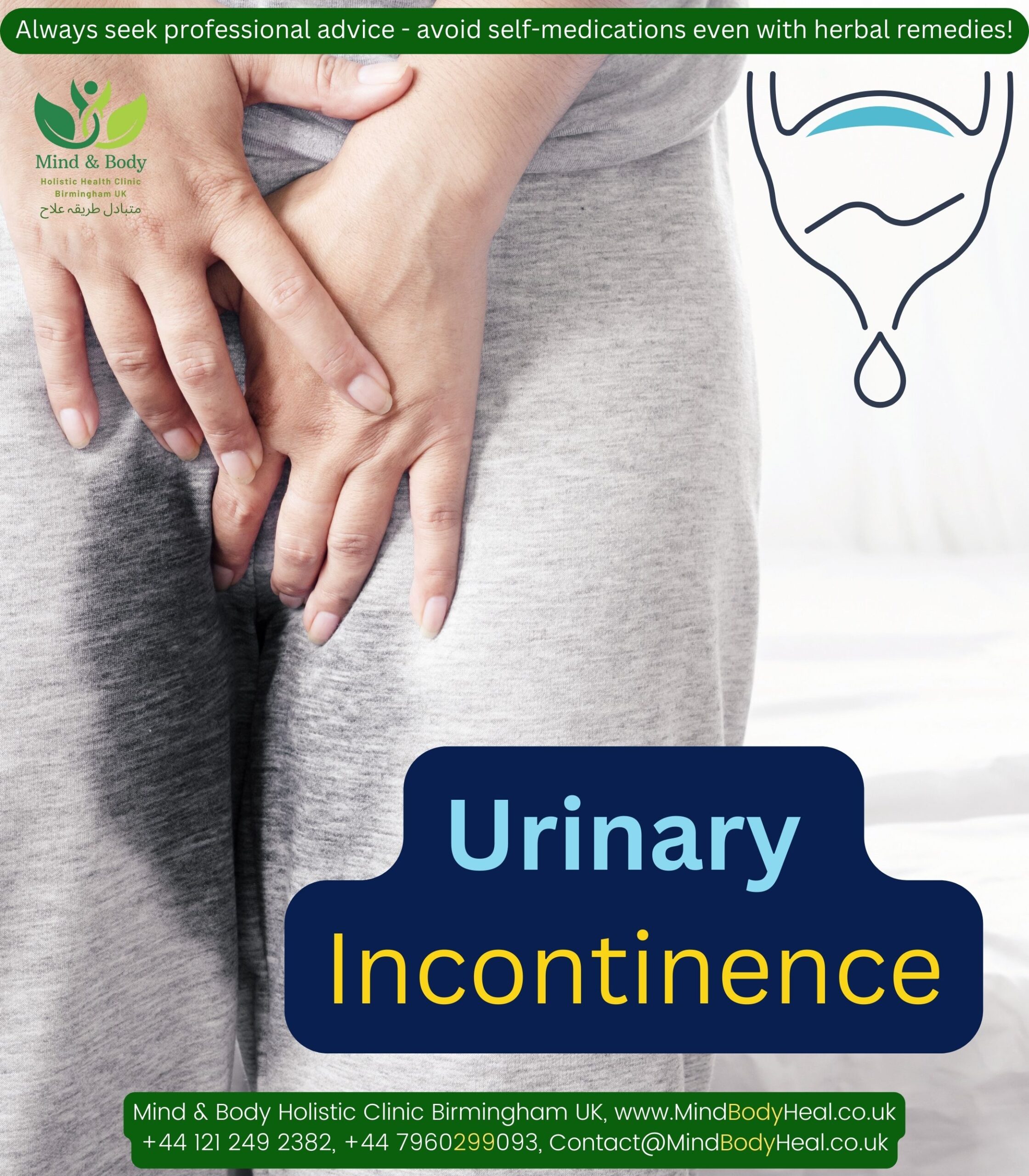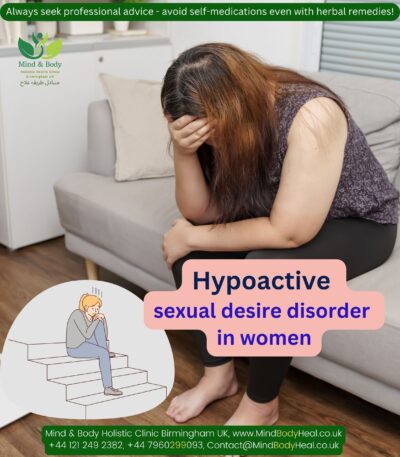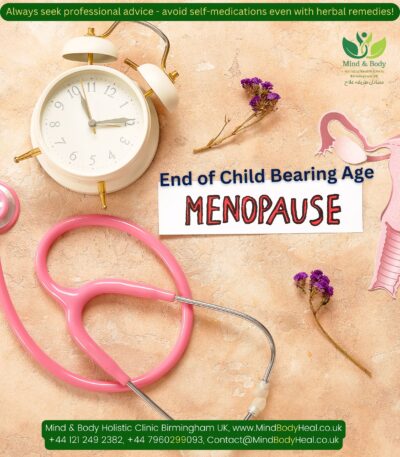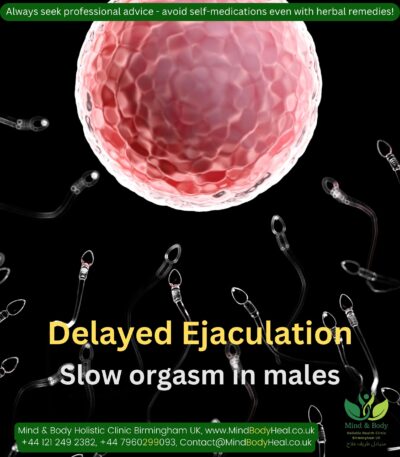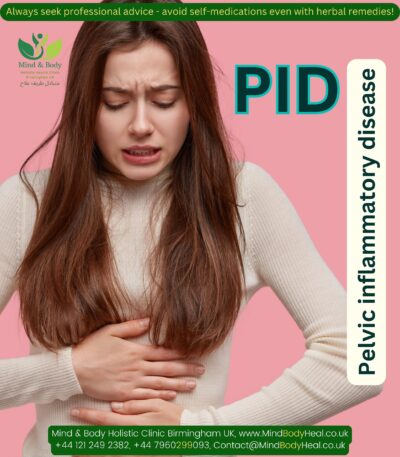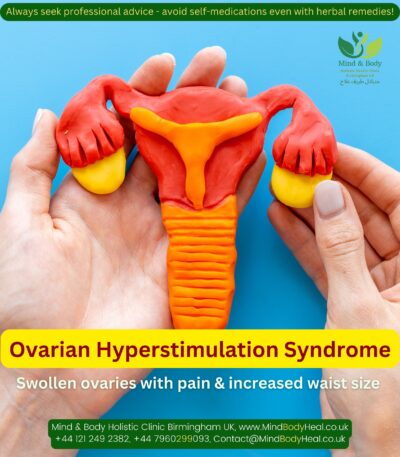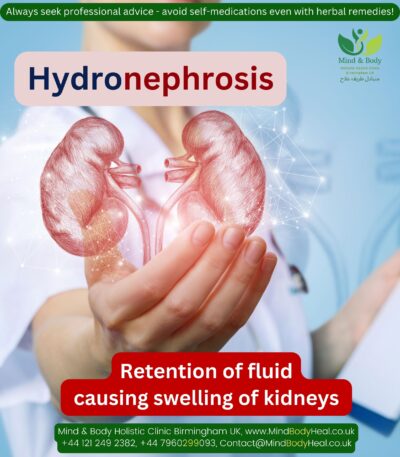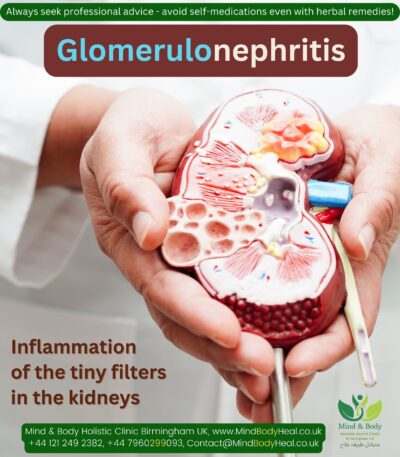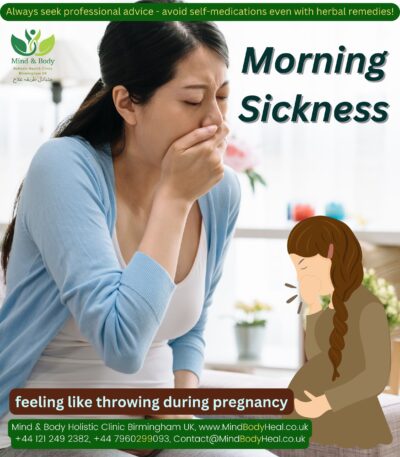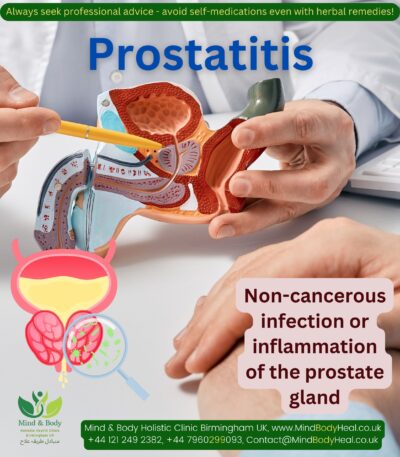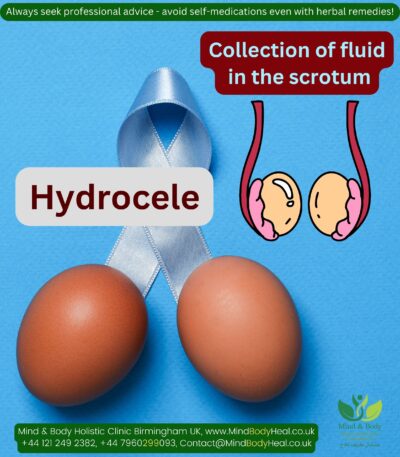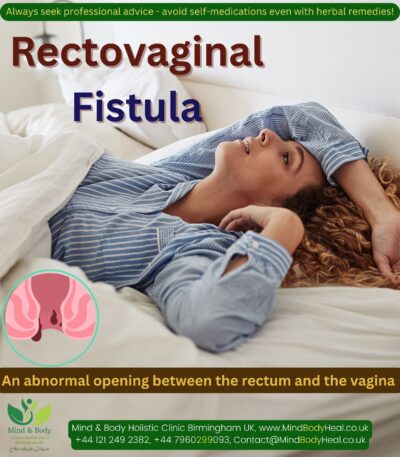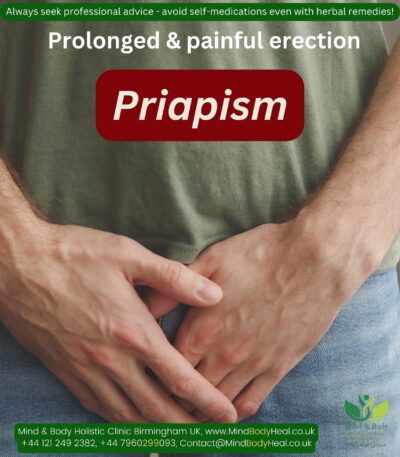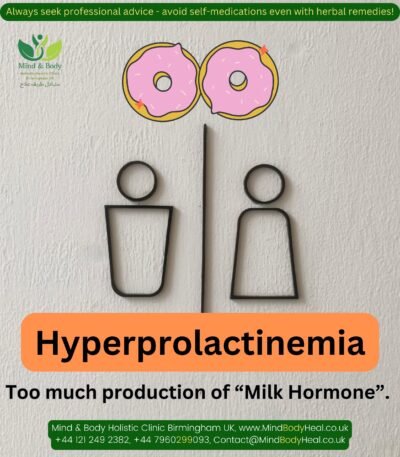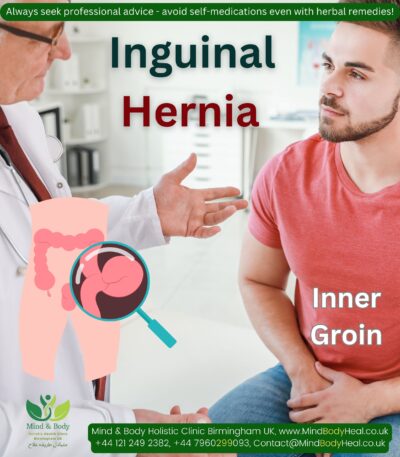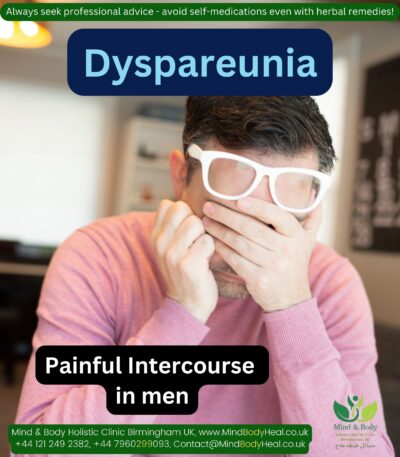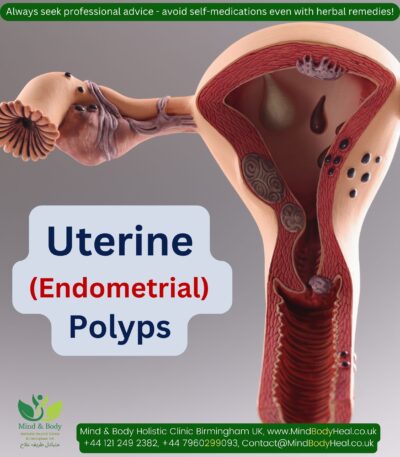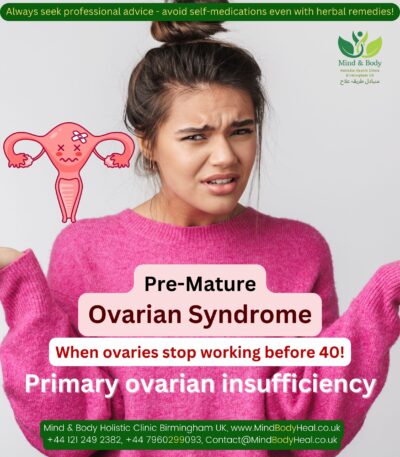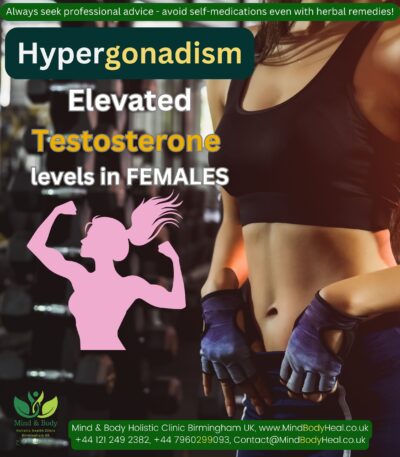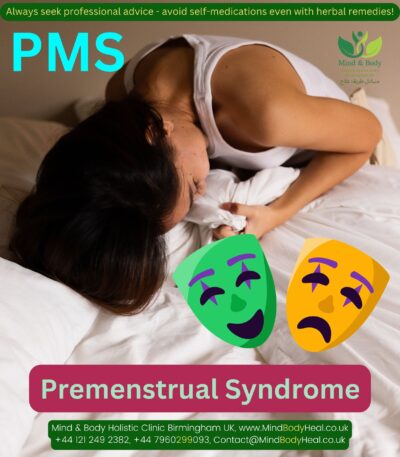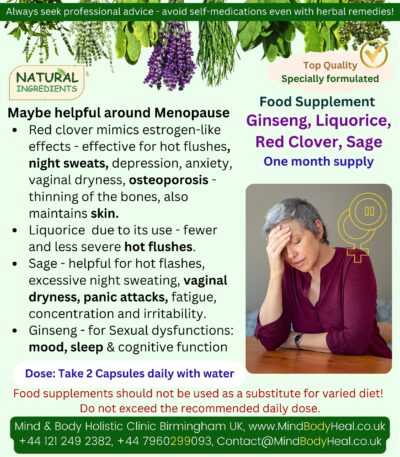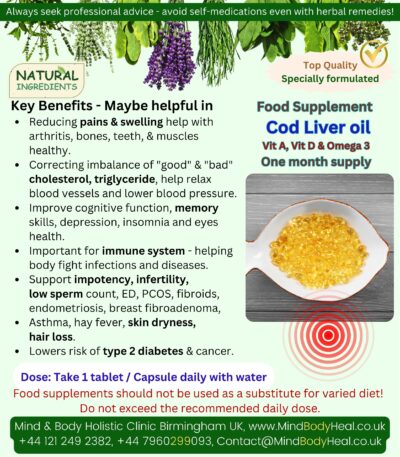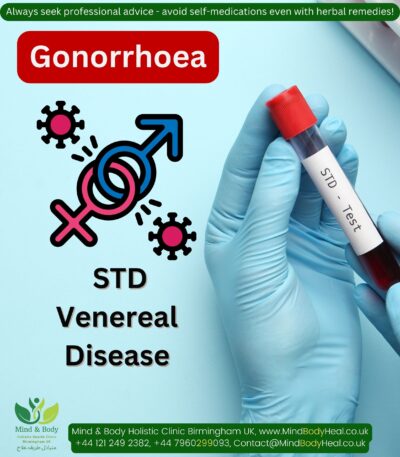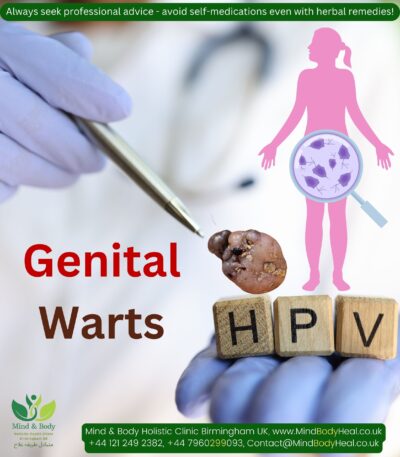Incontinence – Involuntary Urination (Overactive Bladder)
Urinary incontinence is the unintentional passing of urine or the inability to control urination, leading to urine leakage or involuntary loss of urine.
- It can happen to anyone, although it’s more common in women than in men.
- It is a common and often embarrassing problem.
- It can affect your social, work and personal relationships.
Types of urinary incontinence.
Urge incontinence– occurs when an overactive or hyperactive bladder causes a sudden and intense urge to urinate causing involuntary loss of urine.
An irritable or overactive bladder is a common condition of the bladder in which there is a pressing and/or rapid and urgent sensation of needing to urinate.
An overactive bladder may be the result of ineffective urination where the bladder loses its muscular tone.
Stress incontinence– when physical activities like vigorous exercise, jumping, coughing, sneezing or even laughing put pressure on the bladder and it releases urine.
Women are more likely to have stress incontinence. Pregnancy, childbirth, menopause and normal female structure account for this difference.
Overflow incontinence– inability to completely empty the bladder, leading to frequent or constant dribbling of urine. Men who have prostate gland problems are at increased risk of urge and overflow incontinence.
Functional incontinence. A physical or mental impairment make it difficult to the toilet in time.
For example, if you have severe arthritis, you may not be able to unbutton your pants quickly enough.
Common causes:
Physical and psychological conditions can lead to involuntary urination.
- Emotional stress
- Inability to recognize a full bladder
- A hormonal imbalance
- UTI – Urinary tract infection
- Sleep Apnoea
- Diabetes
- Obesity
- Smoking
- Chronic constipation
- A structural problem in the urinary tract or nervous system
- Family history (genetics) ·
- Slow development of brain-bladder control
- Age – the bladder muscles become weaker with increasing age
- Weakened pelvic floor muscles
- Enlarged prostate
- Menopause
- An overactive bladder
- Damaged nerves
- Urinary stones
- Neurological disorders. Multiple sclerosis, Parkinson’s, a stroke, a brain tumor or a spinal injury can interfere with nerve signals involved in bladder control.
- Certain foods, drinks intake like spicy foods, curry, chili pepper, cayenne pepper, black pepper, Alcohol, Caffeine, Carbonated drinks and sparkling water, Artificial sweeteners, Chocolate, sugar or especially citrus fruits etc.
- Adverse reactions of some medications e.g., diuretics (heart medications, blood pressure-lowering drugs, muscle relaxants, sedatives etc.,) may stimulate the bladder and cause temporary incontinence.
- Excess intake of Vitamin C
FREE Shipping included – Usually dispatched within 1 – 2 working days!
Are you concerned about your health or managing a recurring or chronic condition?
Our website provides informed guidance and initial supportive care for individuals who are finding it difficult to access their doctors or who have not experienced desired improvement with conventional options.
We help individuals explore a range of natural and holistic healing approaches to encourage balance and long-term wellness that may complement your healing journey.
We offer a ready-to-use complementary remedies kit designed to ease discomfort and support well-being, with clear instructions for each item.
The kit includes a personalised selection of remedies based on your signs, symptoms, and likely causative factors.
It may combine homeopathic medicines, herbal or daily supplements, a tailored diet plan, lifestyle guidance, practical tips, and topical applications where needed. It’s suitable if you value the healing potential of natural, holistic remedies.
Complementary remedies work best alongside standard medical treatments and can usually be taken safely with your regular medications.
Our homeopathic remedies follow Dr. Hahnemann’s traditional dilution and succussion methods and are prepared by a qualified naturopathic practitioner, supported by research, clinical experience, and observed outcomes in similar cases. Treatment duration can range from a few weeks to several months, depending on severity and chronicity. Outcomes vary with individual factors and case complexity.
If you prefer lactose pills instead of sucrose globules, let us know. Please also provide the patient’s age so we can supply appropriately sized pills. You can simply send this via WhatsApp at 07960 299 093.
These remedies may contain trace amounts of natural plant, mineral, or animal substances, preserved in medical-grade alcohol. Inform us of any allergies or dietary restrictions before purchase.
You may contact us before starting or book a detailed consultation (in person or via teleconsultation) with one of our experienced naturopath for your detailed assessment or personalized guidance.
Natural remedies can affect the body and may not suit everyone. At the start of treatment, some patients—especially with mental health or skin issues—may experience a temporary increase in symptoms. This may represent medicinal aggravation, indicating the body is responding, though symptoms may not be connected and simply coincidental. If they persist, contact us for support.
Why some patients choose natural, complementary or holistic remedies:
• Symptomatic relief and improved well-being
• Gentle options with fewer side effects
• Whole-person focus, addressing physical, emotional, and lifestyle factors
• Root-cause and preventive emphasis
• Encouragement of active self-care
• Support alongside conventional treatment
• Personalised and accessible care
Precautions:
• Inform your healthcare provider about any complementary therapies
• Some herbs or supplements may interact with conventional medications
• Do not replace conventional treatment for serious, chronic, or terminal conditions
These complementary remedy kits are provided for your own discretion and personal responsibility. Use them mindfully and avoid self-medicating in sensitive situations.
If you are looking for a specific remedy / kit not listed on our site or a customized formulation, contact us—our range is extensive and can be tailored to your physical and mental symptoms and causative factors.
Disclaimer:
Natural remedies—including homeopathic remedies, herbal supplements, and aromatherapy products—are generally safe for most people, including children and older adults. Still, consult your GP or healthcare provider before use, especially if pregnant, breastfeeding, or managing chronic or serious conditions.
- Our remedies support general wellness and are not a substitute for medical advice.
- Review product details and make informed decisions before purchasing, particularly for ongoing or serious concerns.
- We provide general guidance only; detailed personalised consultations are not available through this platform.
- These remedies are intended for individuals able to follow instructions independently.
- Our support focuses on product use and general information; repeated or highly detailed personal queries may not receive individual responses.
- If you need frequent reassurance or highly tailored advice, please consult a qualified naturopath or healthcare provider before purchasing.
Due to strict UK regulations on the sale of medicinal products, we cannot give specific advice, without a face-to-face consultation.


